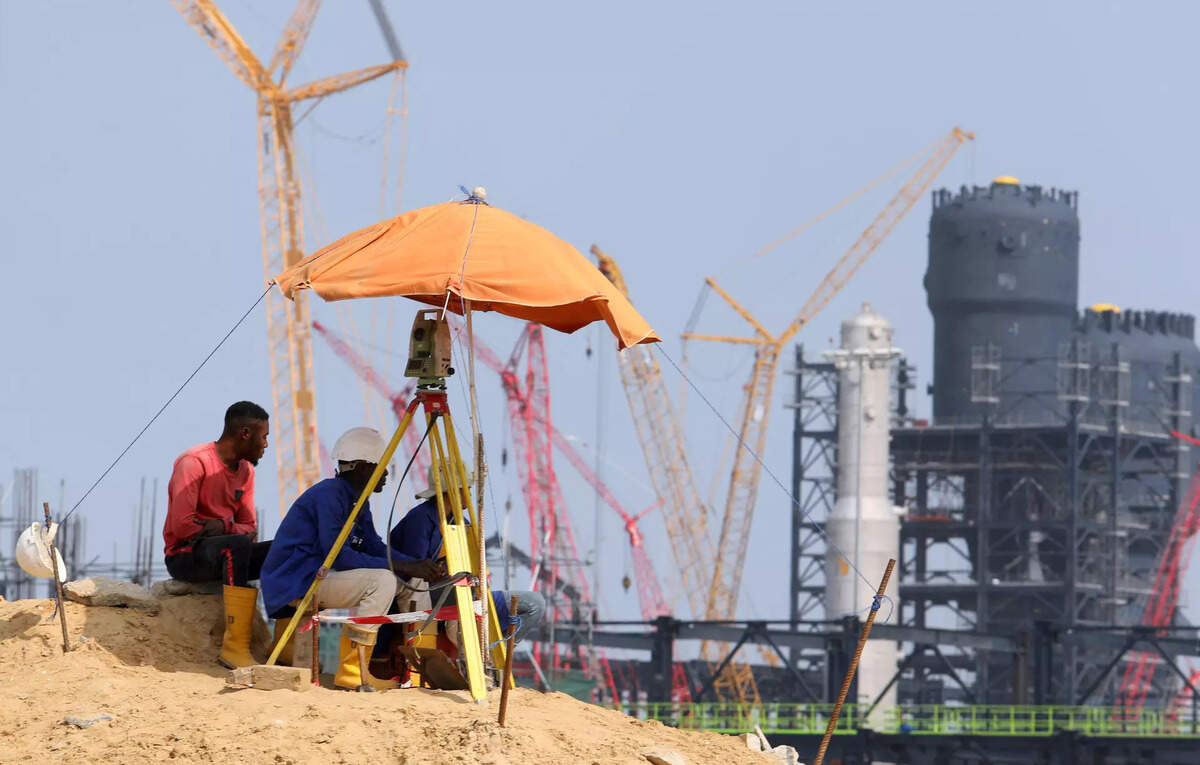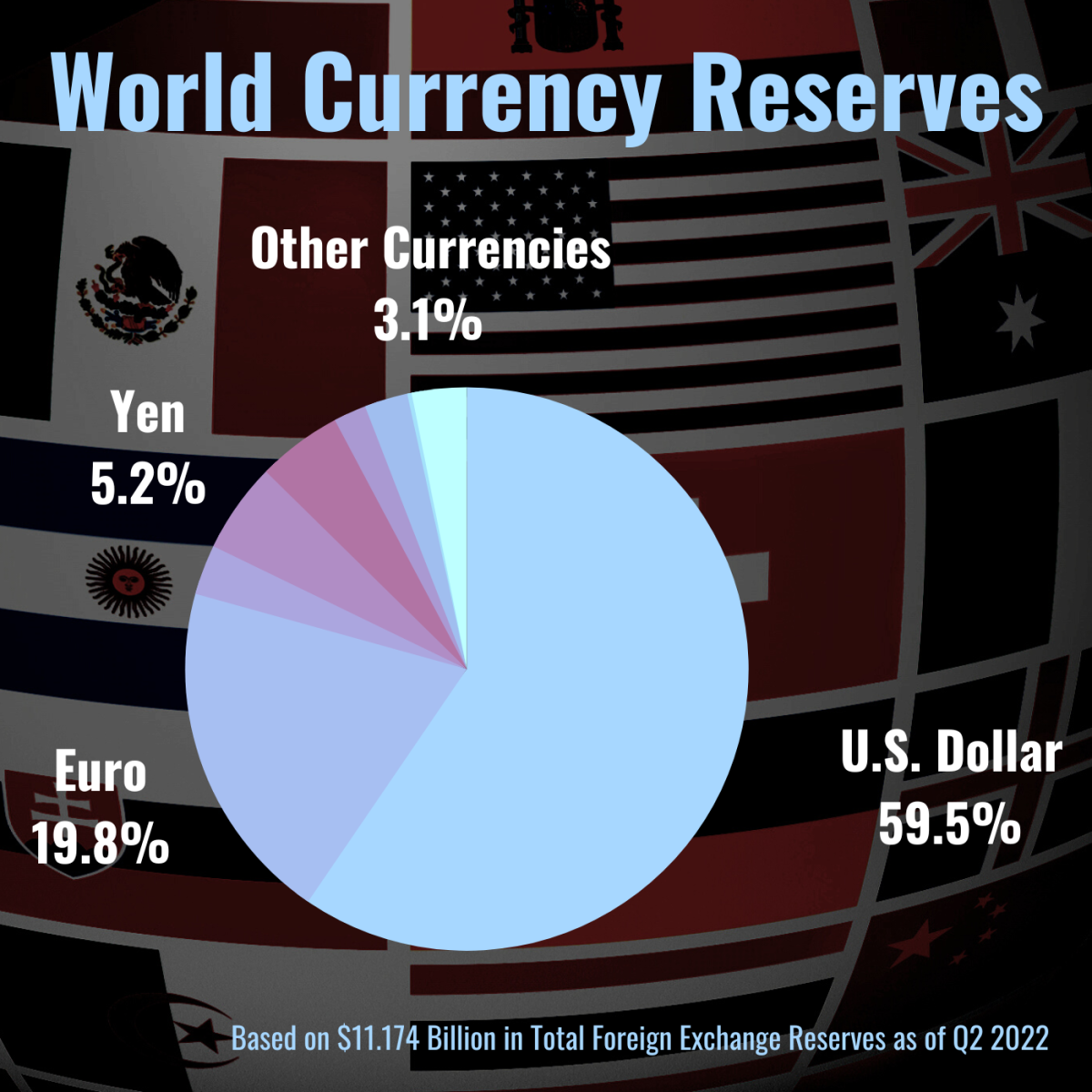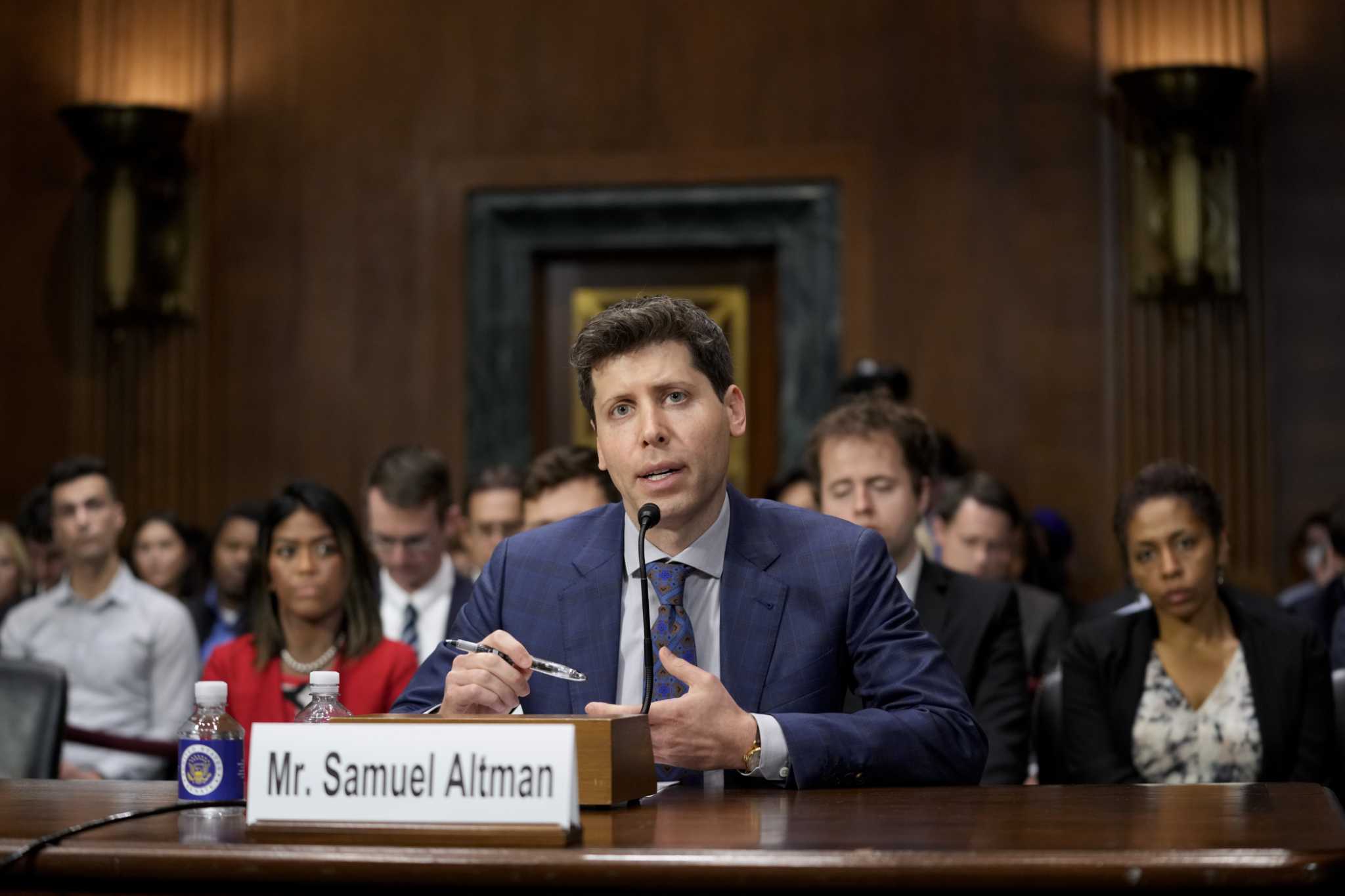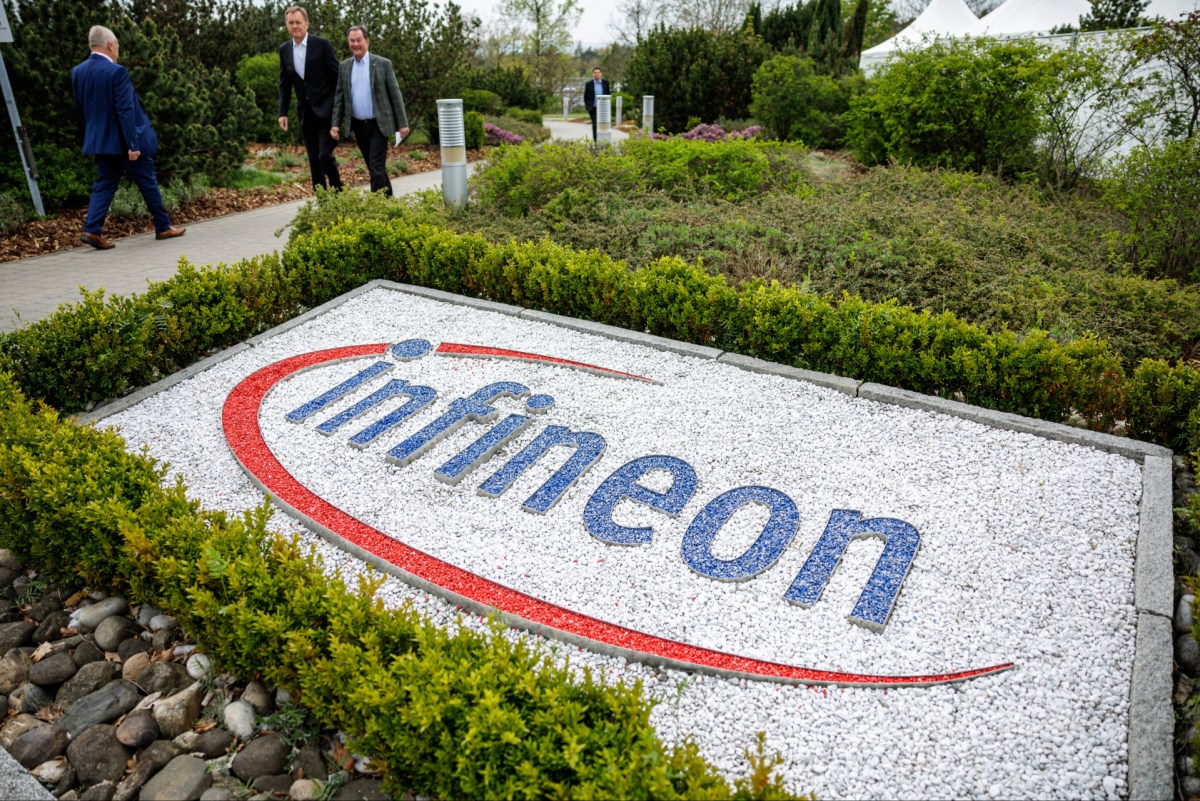How Dangote Refinery Affects NNPC's Petrol Price Control In Nigeria

Table of Contents
Increased Domestic Refining Capacity and its Impact
Before the Dangote Refinery, Nigeria heavily relied on imported refined petroleum products, making it extremely vulnerable to global price fluctuations and supply chain disruptions. This import dependence not only impacted petrol prices but also threatened fuel security. The Dangote Refinery, with its significant refining capacity (currently the largest single-train refinery in the world), drastically changes this equation.
-
Reduced Import Dependence: The refinery's operational capacity significantly reduces Nigeria's reliance on imported refined petroleum products, bolstering the nation's fuel security. This decreased dependence lessens the impact of international oil price volatility on domestic petrol prices.
-
Increased Domestic Production: The sheer scale of the Dangote Refinery translates to a substantial increase in domestic petroleum product production. This means more petrol available within the country, potentially stabilizing supply and mitigating price spikes.
-
Potential Price Decrease: Reduced reliance on imports, coupled with increased domestic production, could lead to a decrease in the final price of petrol paid by Nigerian consumers. This depends on several factors including operational efficiency and market dynamics.
The Dangote Refinery’s capacity is a game-changer. Prior to its commissioning, Nigeria's refining capacity was woefully inadequate, leading to extensive petrol imports. The Dangote facility dramatically increases domestic refining capacity, potentially eliminating or significantly reducing the need for imports in the near future.
Competition and Market Dynamics
For many years, NNPC enjoyed a near-monopoly in the Nigerian petroleum market. The arrival of a major private sector player like Dangote introduces robust competition, transforming the market dynamics.
-
Competitive Pricing: The competitive landscape created by the Dangote Refinery is likely to lead to more competitive pricing. NNPC may be forced to adjust its pricing strategies to remain competitive, ultimately benefiting Nigerian consumers.
-
Increased Efficiency: Competition often forces companies to improve efficiency and operational effectiveness. This pressure on NNPC could lead to improvements in its own refining operations and distribution networks.
-
Market Deregulation: The increased private sector participation could accelerate the process of deregulation in the Nigerian petroleum sector, leading to a more efficient and transparent market.
The potential for price wars, resulting from the intensified competition, can't be ignored. While beneficial for consumers in the short term, sustained price wars could be unsustainable for all players in the long run, requiring a careful balance.
Implications for Government Fuel Subsidy Programs
Nigeria’s government has long implemented fuel subsidy programs to maintain affordable petrol prices for citizens. The Dangote Refinery's impact on these programs is profound.
-
Reduced Subsidy Needs: With increased domestic production, the need for large-scale government subsidies on imported fuel could significantly diminish. This is a crucial factor given the substantial financial burden fuel subsidies represent for the Nigerian government.
-
Budgetary Savings: Reduced subsidy spending could free up considerable funds for the government to allocate to other vital sectors, such as healthcare, education, or infrastructure development. This shift in budgetary priorities could be transformative for the Nigerian economy.
-
Fiscal Policy Adjustments: The potential savings from reduced fuel subsidies offer opportunities for significant adjustments to Nigeria's fiscal policy, enabling more effective resource allocation and potentially reducing the country's debt burden.
However, the complete removal of fuel subsidies is a politically sensitive issue, potentially leading to social unrest if not managed carefully. A phased reduction may be a more viable approach.
Challenges and Uncertainties
While the Dangote Refinery presents significant opportunities, several challenges and uncertainties need to be addressed:
-
Operational Efficiency: Maintaining consistent and optimal operational efficiency at the refinery is crucial to fully realize its potential impact on petrol prices. Any operational hiccups could negate the intended benefits.
-
Distribution Infrastructure: A robust and efficient distribution network is necessary to effectively transport refined petroleum products across Nigeria. Inadequate infrastructure could limit the reach and impact of the refinery.
-
Regulatory Framework: A supportive and stable regulatory framework is essential. Policy changes or regulatory hurdles could negatively impact the refinery's operations and its ability to influence petrol prices.
Addressing these logistical and regulatory challenges is crucial to fully harness the transformative potential of the Dangote Refinery.
Conclusion
The Dangote Refinery's impact on NNPC's petrol price control in Nigeria is multifaceted and far-reaching. Increased domestic refining capacity, enhanced market competition, and potential reductions in fuel subsidies are key aspects of this transformation. However, challenges remain regarding operational efficiency, infrastructure, and the regulatory environment. Understanding the complex interplay between the Dangote Refinery and NNPC's petrol price control is crucial for navigating Nigeria's evolving energy landscape. Further research and analysis on the long-term effects of the Dangote Refinery are needed to fully grasp its impact on the Nigerian economy and the price of petrol in Nigeria. Continued monitoring of the Dangote Refinery’s operational efficiency and its influence on the wider Nigerian petroleum market is vital.

Featured Posts
-
 King Obrushilsya S Kritikoy Na Trampa I Maska
May 09, 2025
King Obrushilsya S Kritikoy Na Trampa I Maska
May 09, 2025 -
 Trumps Kennedy Center Visit Potential Les Miserables Cast Boycott
May 09, 2025
Trumps Kennedy Center Visit Potential Les Miserables Cast Boycott
May 09, 2025 -
 New Uk Visa Regulations Targeting Visa Misuse And Fraud
May 09, 2025
New Uk Visa Regulations Targeting Visa Misuse And Fraud
May 09, 2025 -
 Controversy On Bbc Show Joanna Pages Assessment Of Wynne Evans Performance
May 09, 2025
Controversy On Bbc Show Joanna Pages Assessment Of Wynne Evans Performance
May 09, 2025 -
 Madeleine Mc Cann Fake Impersonator Detained At Uk Airport
May 09, 2025
Madeleine Mc Cann Fake Impersonator Detained At Uk Airport
May 09, 2025
Latest Posts
-
 Two Year Low For Indonesias Reserves Analyzing The Rupiahs Role
May 10, 2025
Two Year Low For Indonesias Reserves Analyzing The Rupiahs Role
May 10, 2025 -
 Chat Gpt Maker Open Ai Facing Ftc Investigation Key Questions Answered
May 10, 2025
Chat Gpt Maker Open Ai Facing Ftc Investigation Key Questions Answered
May 10, 2025 -
 Infineon Ifx Stock Sales Guidance Disappoints Citing Tariff Concerns
May 10, 2025
Infineon Ifx Stock Sales Guidance Disappoints Citing Tariff Concerns
May 10, 2025 -
 Is Nigel Farages Reform Party A Force For Change Or Just Complaining
May 10, 2025
Is Nigel Farages Reform Party A Force For Change Or Just Complaining
May 10, 2025 -
 Bmw And Porsches China Challenges A Broader Look At Automotive Market Headwinds
May 10, 2025
Bmw And Porsches China Challenges A Broader Look At Automotive Market Headwinds
May 10, 2025
